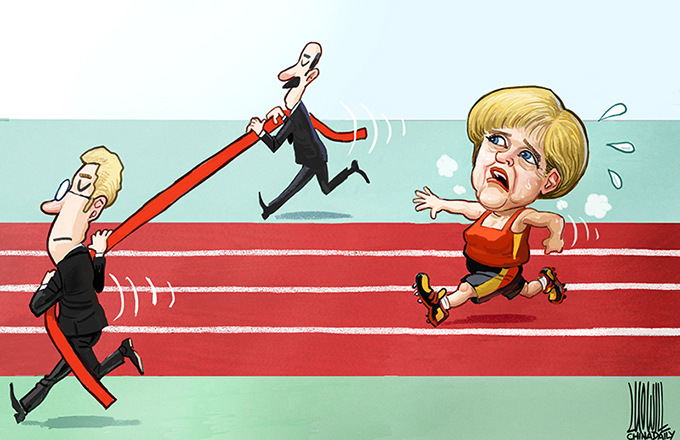Jilin's tourism move breaks the law
TOURIST SITES with a 4A rating or above in Northeast China's Jilin province will reportedly charge visitors only half the ticket prices as long as they are registered residents of the Yangtze River Delta, the Hong Kong and Macao special administrative regions and Taiwan, for a certain period of time. Beijing News commented on Thursday:
The Jilin government said the special discount for residents from some coastal areas is part of the reciprocal agreements between cities. Entry into the province's celebrated Changbai Mountain resort, for example, will be free to all travelers from Hangzhou, East China's Zhejiang province. There is nothing discriminatory about such targeted, government-endorsed arrangements, they said, because the policy is commonplace and does not impose extra charges on tourists from other regions.
Such an explanation is questionable. The so-called price discrimination is in essence about charging customers differently for the same goods or services for no good reason. Managers of sightseeing spots do not have the right to set ticket prices, so they might have overstepped the boundary by doing so. Even if it was the local pricing authorities that approved the special discount deals, they still risk constituting monopolization of local tourist resources.
China's price law explicitly forbids discrimination against customers who purchase the same products or services. The anti-trust law stipulates that dominant market players should not charge customers differently when there is no good reason. The law on the protection of the rights and interests of consumers subjects all exchanges between customers and sellers to the principles of fairness and honesty.
The Jilin tourism authorities ought to clarify on what grounds the "targeted" discount policy is to be carried out. Their right to manage tourism resources in the province does not mean they get to fix the entry prices however they want or that they can charge visitors from non-reciprocal cities differently.


















